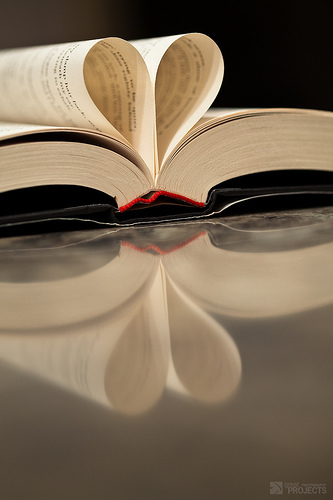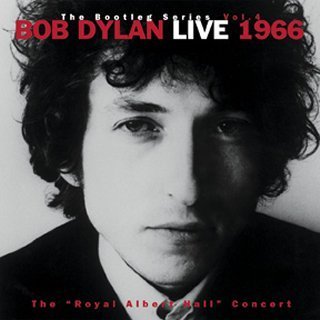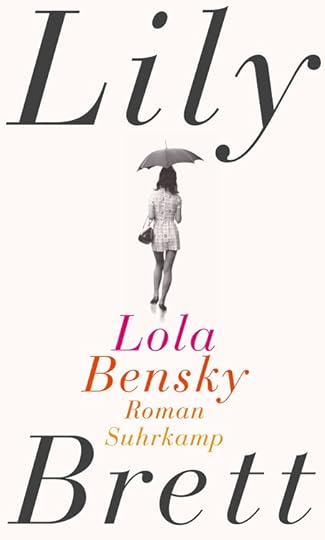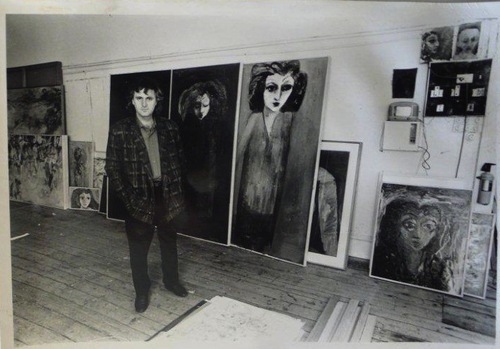Lily Brett's Blog, page 44
July 13, 2012
Bowled Over by "The Twins at St. Clares"
I was bowled over by Enid Blyton’s The Twins at St Clares. I was about 9 or 10. I desperately wanted to be a twin and desperately wanted to go to boarding school. Neither were possible. I also wanted to have midnight feasts and lots of friends. So, a couple of times a week, I climbed out of my bedroom window and, with money filched from my mother’s purse, bought my own midnight feast from the milk bar two doors down from us in Nicholson Street North Carlton. I sat in bed eating my chocolate coated ice-cream bar and my two chocolate frogs, talking to a group of imaginary friends who, mostly, agreed with what I was saying.
-From “Books that have had an impact on me”, The Age (Australia) 2008

July 11, 2012
Thoughts on Love
“Love is the most important thing in the world without question. And if you are lucky enough to love just a handful of people and be loved by an even smaller number of people, then you’ve got a very good chance of having a very fulfilled life.”
-from an interview conducted with Lily Brett and her publisher, Harper Perennial prior to the publication of Too Many Men, 2001.

Photo courtesy of Jeremy Hall via Flickr Creative Commons.
July 10, 2012
My Husband's Art
“He is always painting. I envy him. I can scribble notes when I’m on the road, but I need silence and a routine to write. I envy his ability to draw, paint, sketch wherever he is. And he does. I’ve come back to hotel rooms to find he has upended the bed and there is a canvass on the floor. I’ve watched him draw and even paint on trains. On buses. And on planes. I can’t think of anything but how uncomfortable I am, on a plane.”
-Excerpt from the essay “The Man I Love,” originally published in Art and Australia magazine.
July 6, 2012
Writing Supplies
“I love the accoutrements of writing, the pens, pencils, paperclips, notebooks. I buy myself pencil sharpeners, erasers, paper. I buy them everywhere I go. Often in bulk. In a small mountain town in Mexico, I found the perfect erasers. I bought thirty of them. Sometimes I spread them out on my desk – I still have 27 – next to the fifteen pencil sharpeners I bought in a tiny store in the backstreets of Tokyo, and just look at them.”
-Excerpt from the essay “The Man I Love,” originally published in Art and Australia magazine.
July 3, 2012
The Other Man
I share the man I love with another man. It’s not easy living this
way. The man I love loves someone else. With a passion.
I’m surprisingly tolerant about this other man. Because, really, I’m
the jealous type. And the man I love is my husband. Sometimes my
tolerance is stretched. When he tells me how intelligent and
sensitive this other man is, I try to stay calm. When he tells me
what an astonishing mind the other man has and what a brilliant
writer he is, my tolerance wanes. I begin to feel a bit competitive,
a bit edgy, a bit inadequate.
The other man is not even that good looking. But it’s a bit hard to
compete in the looks department when your rival is not the same
gender that you are.
The man at the centre of this domestic turbulence is hard to compete
with. The man in question is famous and successful. In fact he is Bob
Dylan. My husband is crazy about him.
My husband thinks Bob Dylan is a genius. He thinks he is our greatest
poet. My husband, who is not a flighty human being, takes flight when
he talks about Bob Dylan. “Dylan tells us more about ourselves and
our strengths and our abject weaknesses than any other writer or
entertainer” my husband says. “Dylan has spent his life as an artist
of Fire.”
I tolerate my husband’s passion for this man. I have to. I could not abate it.

My husband and I live and work in the same building, in New York
City. My husband is a painter. And Dylan infiltrates more than our
living room. Most days we go out for coffee in the late afternoon. We
go to Caffe Dante, in MacDougal Street, in the Village.
We go there because they serve the best espresso in New York. But
there is another dimension to Caffe Dante that is not instantly
visible. It is its location. Caffe Dante is across the road from the
house Bob Dylan formerly lived in.
We always choose a table that faces that direction. And very often
think about Dylan. The youthful, passionate, incendiary Dylan. The
recent more meditative, more melancholy Dylan. The scarifying
honesty he brings to bear on his subjects.
We often talk about him when we’re in bed together. The most intense,
emotional, and intimate moments of my husband’s life are divided
between me and Bobby. That’s how I think of him. As Bobby.
Half of my husband’s oeuvre, of thirty years of painting, has been
painted with Bobby in the studio. Bobby singing, Bobby playing the
harmonica, Bobby wrenching at his guitar while my husband works and
struggles with his paint and his canvass.
Sometimes, my husband paints to other people’s music. Sometimes he
paints to Schubert, to Beethoven, to Elvis Costello. But he always
comes back. Back to Bobby.
Not everyone appreciates Bobby’s greatness. My husband had a studio
above a bicycle store, on Shelter Island, for several summers.
Shelter island is a small island two hours east of Manhattan. My
husband painted there. And played Bobby. Day and night.
Until the young man who ran the bicycle store came up and asked my
husband if he could play something else. The music was depressing his
customers, he said.
My husband and Bobby have similar concerns. In his work, my husband
tries to portray what it is to be human, to be conscious, to be
moral, to be responsible. Questions that Bobby clearly addresses.
My husband and Bobby, without knowing it, worked on the same theme, a
few years ago. My husband painted a series of paintings he called
‘Prophecy of Dry Bones’. Prophecy of dry Bones comes from the bible,
from Ezekiel. It refers to a passage about the power of God to put
flesh and blood back on the bones. To re-animate and revitalize. It
is an image of mortality holding life and promise.
Then my husband, to his astonishment, discovered Dylan singing the
line, ‘Into the red, into the black, into the valley of dry bones
dreams’, in a song called Dignity. My husband was elated. The
painting he had just finished was red. A muted red. The red of
blood-soaked sand. It had black markings, in the background.
I, myself, was not that enamored of Dylan, for years. I used to joke
that I would have written far fewer books if Dylan had not always
been on in my husband’s studio. His music gave me a headache. When I
felt like a break, I’d go into the studio, hear Dylan and rush
back to my study.
But, something happened. My resistance to Dylan broke down. I don’t
know how. But suddenly Dylan felt like part of the family. And I found
myself worrying about him.
It was in the 1980’s. Dylan started to look a bit broken down. A bit
befuddled. When I saw him on television he often looked as though he
didn’t know what was going on. Watching him was an anxiety inducing
experience. I’d feel such a relief when he managed to get a grip on
his lyrics.
He looked so lost. His hair looked lost, too. It seemed more sparse,
more grey, with a frizziness, and a distinct lack of definition.
Sometimes, in mid-song, he looked like he might fall over. You felt
worried and sorry for him.
Then something happened. Something miraculous. Dylan re-appeared. He
had a new wardrobe, new stance, new posture, new focus, and his hair
was revitalized. The individual curls were alive and kicking. It was
wonderful to witness.
Somehow Dylan found himself. Which is not easy when you’ve had a
public persona, when you’ve been world-famous for virtually all of
your life.
During the bad period, I thought Dylan might die. I thought he might
psychologically, spiritually, and physically give up. Give in to the
massive pressures that few of us will ever experience.
I’m not sure how you can ever be Bob Dylan and be normal. I have
enough trouble being myself and being normal. I really respect and
admire him. I’m really very happy to share my husband with Bobby.
-Originally published in the German newspaper Die Welt, February 2nd 2007.
June 12, 2012
"Lola Bensky"
So excited to share the cover of my fifth novel, LOLA BENSKY, being published this fall in Australia and Germany.






